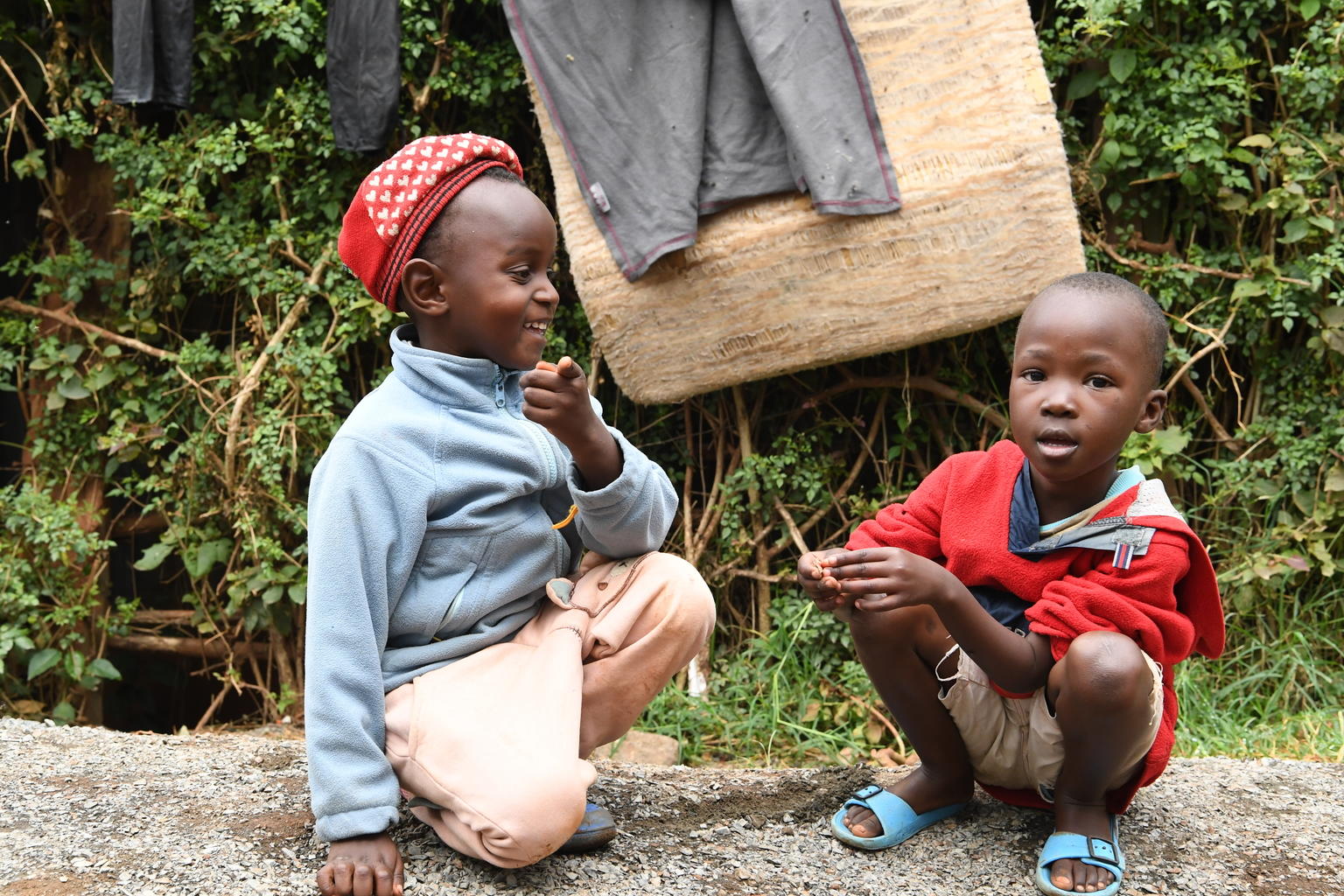
The new Children Act 2022 has taken effect in Kenya. It replaces the 2001 Act and provides enhanced legal provisions to safeguard the rights of children, an important step to better protect the 24 million children in the country.
This adds to the country’s increasingly strengthened efforts in national planning and action to protect children. Kenya made a commitment to work towards ending all forms of violence against children by becoming a Pathfinding Country with the End Violence Partnership. The country also has in place the National Prevention and Response Plan on Violence against Children 2019-2023.
Ending corporal punishment
Until the adoption of the Children Act 2022, even though corporal punishment of children was prohibited in all settings, the common law right to punish children had not been formally repealed. With the enactment of the Children Act 2022, Kenya has formally repealed the right of parents and others to “administer reasonable punishment” to children. Kenya now explicitly confirms that corporal punishment shall not be inflicted upon a child by any person.
The Act reiterates the Government of Kenya’s commitment to fulfilling its international and regional human rights obligations to eliminate all forms of violence against children in all settings. Kenya is part of 10 African states that have realised children’s rights to protection from all corporal punishment and many more are committed to doing so. Read more about the progress being made to end corporal punishment.
Online rights and safety
Given the fast-growing digital landscape, the revised Children Act 2022 also explicitly states the need and obligation to protect children from harm in the online world. It protects children from any form of “online abuse, harassment or exploitation”. This online abuse includes cyberbullying, grooming and solicitation, cyber-enticement, harassment, the transmission of any obscene material and cyber-stalking, occurring “through any electronic system, network, or other communication technology”.
The legal provision for online protection follows the promising trend of many governments around the world strengthening legal protection of online safety of children, such as the EU’s new groundbreaking proposed legislation to make a safer Internet through new policies to tackle online child sexual abuse.
Kenya has also been a part of comprehensive evidence-building to address online violence. The country’s Disrupting Harm report was published recently. As part of the End Violence funded large-scale 13-country project, the report brought to light the harms and risks children are facing online, making recommendations on where action needs to be taken.
A new child welfare fund
The new Act also establishes a Child Welfare Fund to support children in distress and need. This will include financing for alternative care and all social security programmes that protect children’s rights.
Legislation and plans can only be effectively implemented when underpinned by adequate,well-budgeted financial support. The End Violence Partnership’s policy proposal for more investment, better spent calls for all governments and donors – public and private – to commit to costing and adequately funding the implementation of national action plans to end violence against children, ensure and increase funding to address violence in all settings and agree on a standardised methodology to track donor investments in ending violence against children.
The establishment of funds such as those in the Children’s Act is a critical development to ensure the financing needs are met to put plans into action.
Use End Violence’s interactive Country Dashboard to track milestones and progress from Kenya and other Pathfinding countries around the world.
You can read the Kenya Children Act 2022 here, and learn more about Pathfinding here.
Image: © UNICEF/UN0322683/Frank Dejongh
